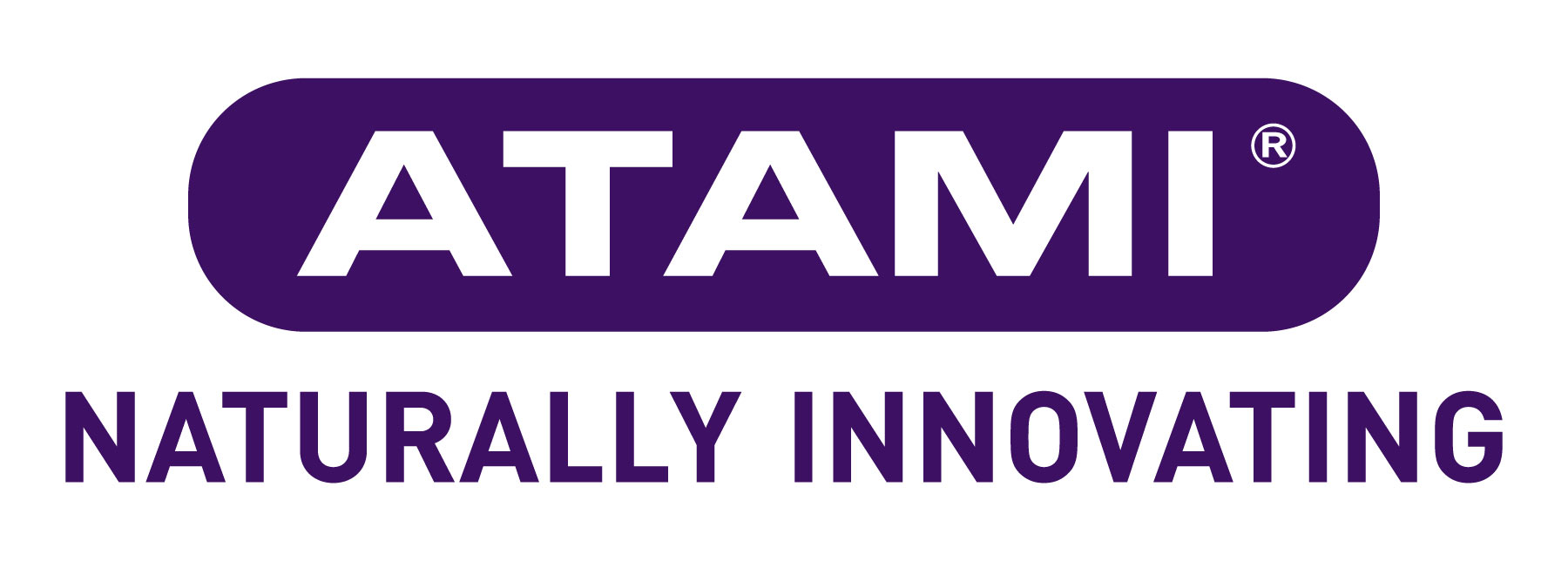Gardening Sustainably
Whether you are a hydroponics grower or a good old fashioned dirt farmer, we all want to do our bit to help mother nature. By making a few small changes, you will make your grow more sustainable, helping yourself and the environment.
Hydroponic gardening is more sustainable than traditional soil gardening, and hydroponics uses around 80% less water than conventional growing methods. Vertical based systems take up less space while allowing you to still grow the same amount of fruit & veges – in fact, with hydroponics, you will generally get a more significant yield. Growing hydroponically, you also use less fertiliser, saving you money in the long run. The biggest downside to hydroponics is the power use, which, unless we all install solar panels in our houses, we can't do much about.
Here are our ideas to make your hydroponics grow more environmentally friendly:
- Make sure you are disposing of your contaminated water properly, don't tip it down the drain. Use it on your houseplants or give your lawn a boost.
- Use adequate lighting – if you are using High-Pressure Sodium lamps, swap to LED grow lights.
- Recycle your nutrient bottles correctly. Rinse them before placing them in your recycle bin.
- Use energy-efficient methods where you can. This includes ensuring all your power boards and cords are up to date and safe.
- If possible, collect rainwater to use in your hydroponics system
Traditional soil farming still has its place in 2022, and we need to adjust our thinking about the way we garden. The top thing to remember in a soil garden is reuse. Recycle your used dirt, make compost out of your old veges, use your lawn clippings as mulch.
We have shared some of our ideas on making your soil garden environmentally friendly and better for your wallet!
- Reuse your soil. After you've finished using soil in your vegetable garden, you can mix it up with some sheep pellets and use it in your flower beds. You can keep adding to it and have a “no-till” garden going. This means you aren’t tilling (mixing with a shovel etc – like over mixing a cake batter) the soil, which greatly effects the soil structure – killing all the fungi, bacteria and other microorganisms that co-exist in your garden bed.
- Wash and reuse your pots. You don't need to get new ones every time; a proper clean with warm water will do the trick.
- If possible, collect rainwater to use for watering your plants.
- Place trays under your plants so water is not wasted. This will also stop you from having to water your plants as much.
- Try companion planting. Companion planting is grouping similar plants together that are beneficial to one another. An example is Tomatoes and Basil. The basil is said to help the tomatoes develop a more robust flavour whilst keeping pests away.
- Install sprinklers/auto-feed systems. These are often very simple and inexpensive to set up, and they take the hassle out of hand-watering. The amount of water that goes through these systems can be controlled, helping reduce water waste.
If we can implement just one of the above tips, we will be doing our bit to help our planet.



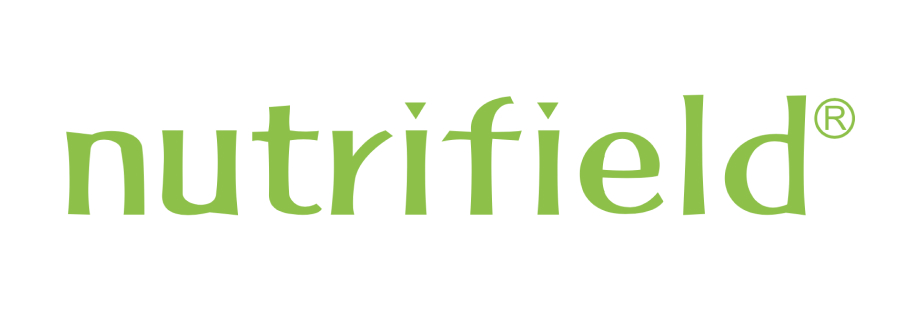






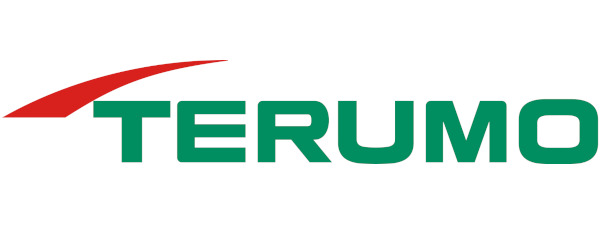

























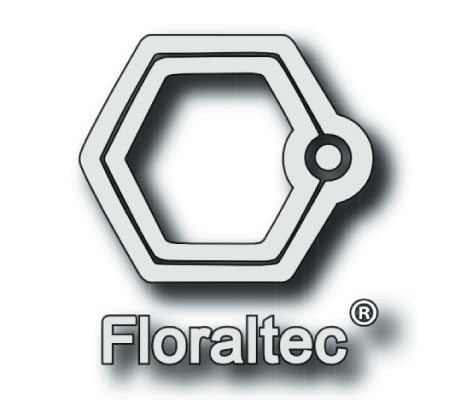


























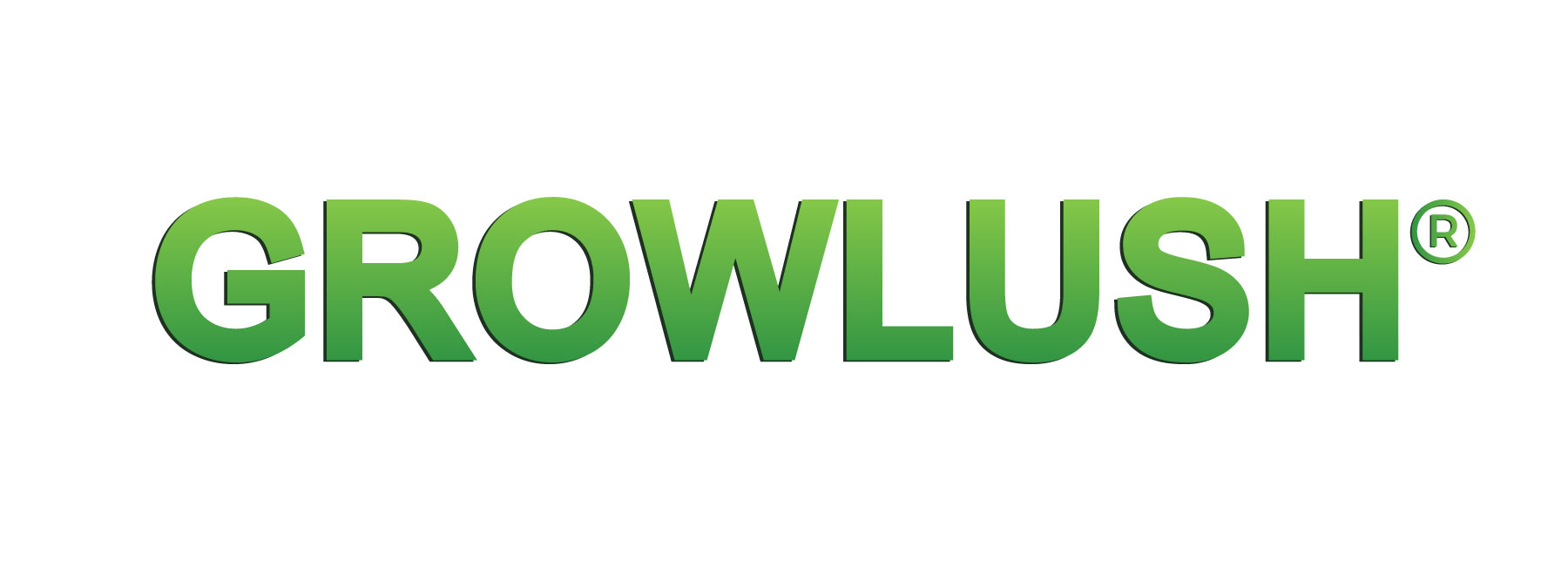






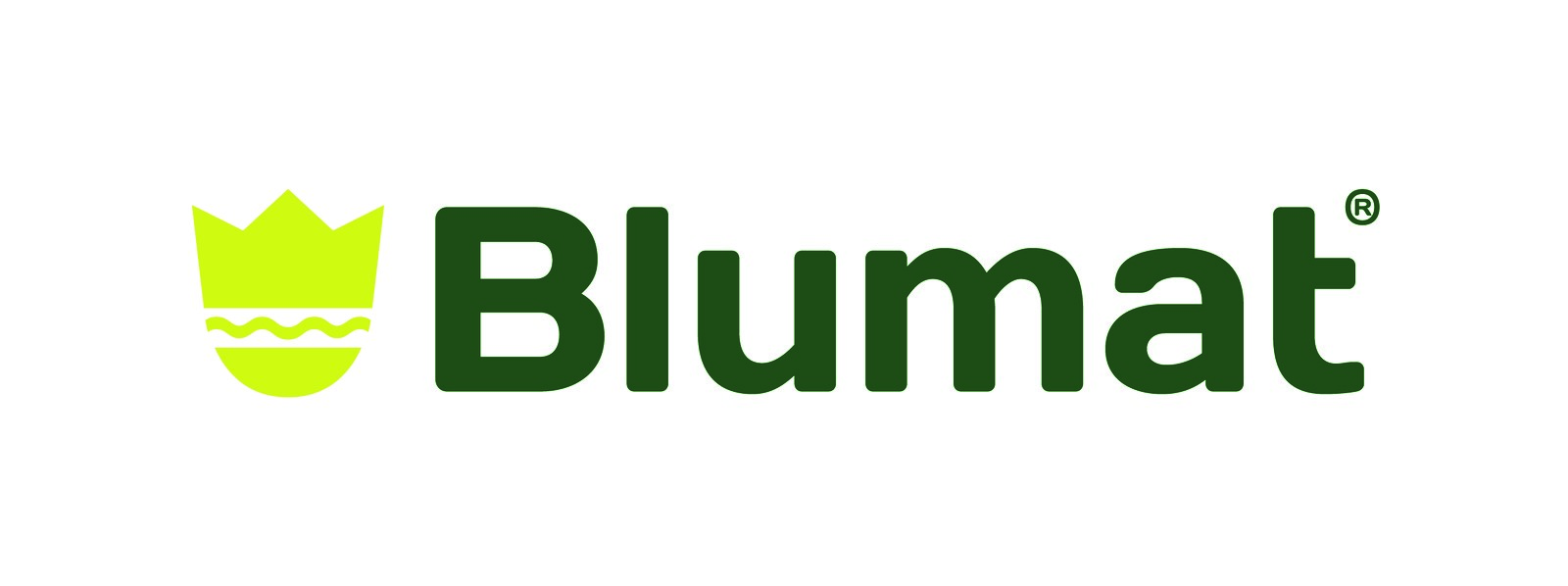





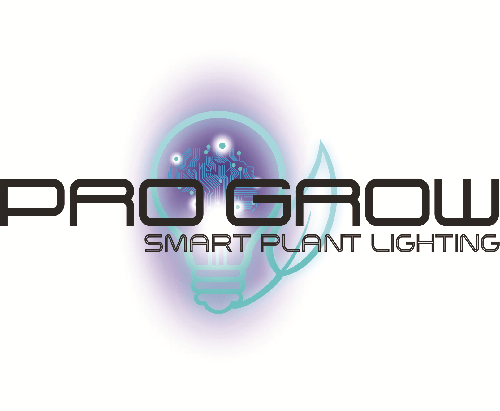




-hyalite.jpg)





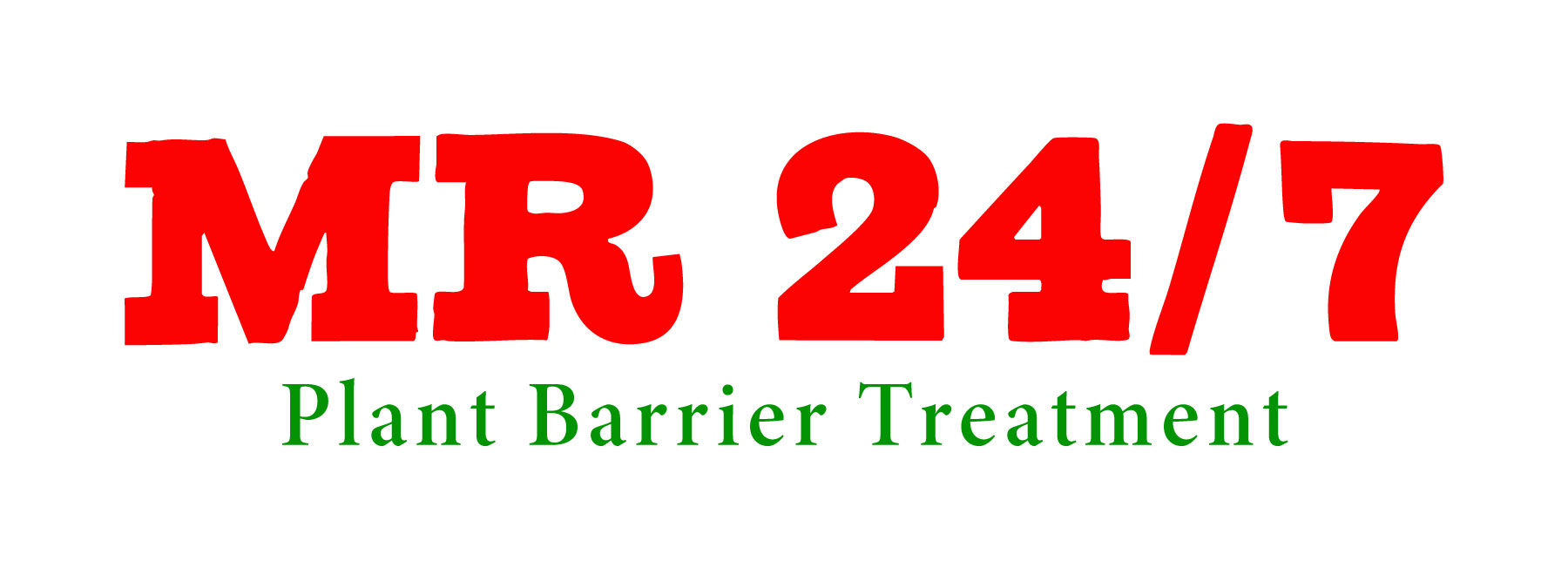










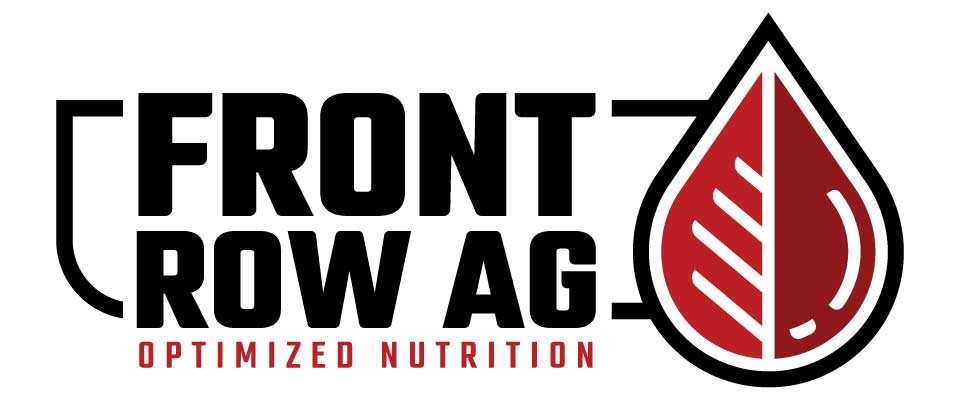
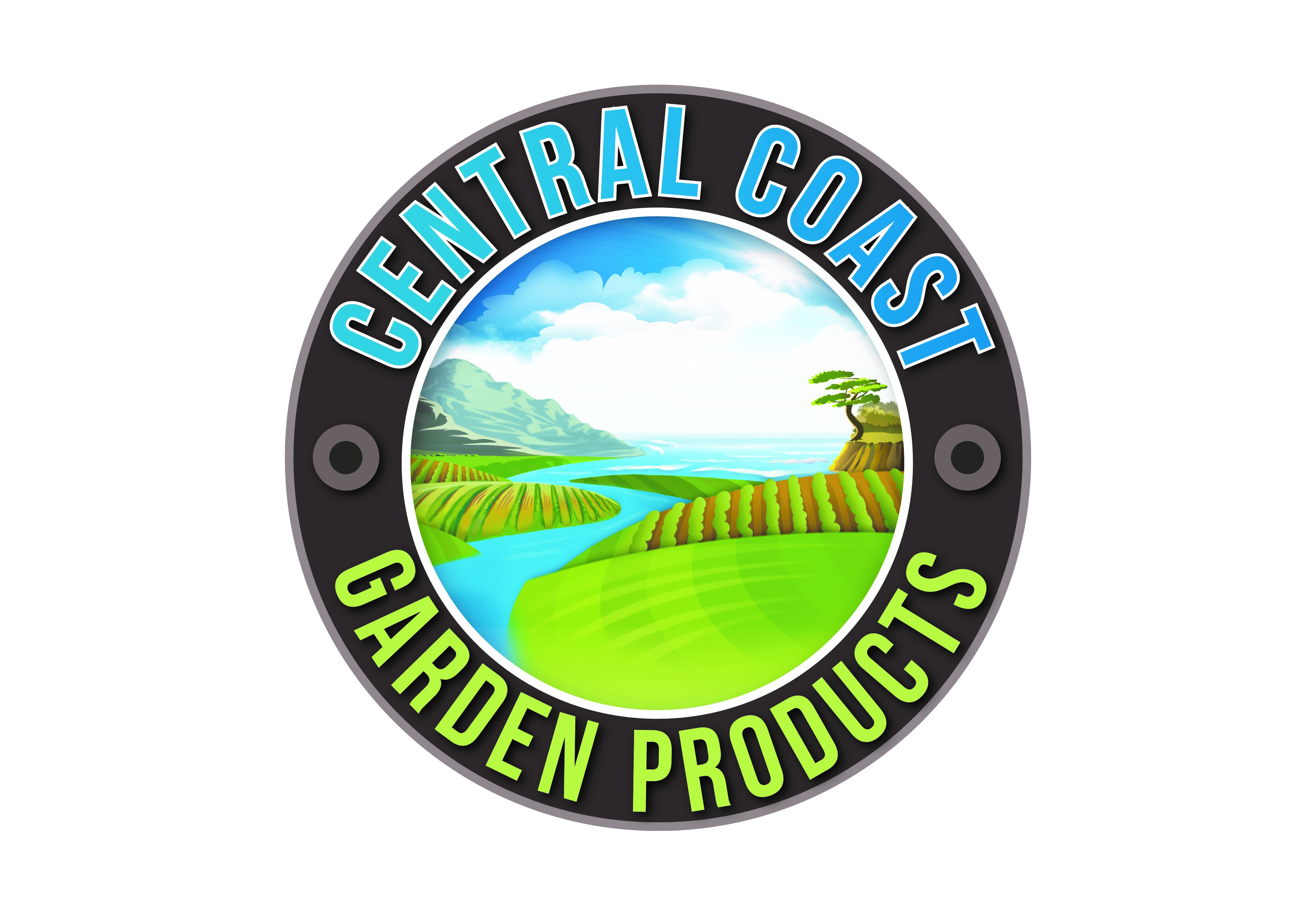















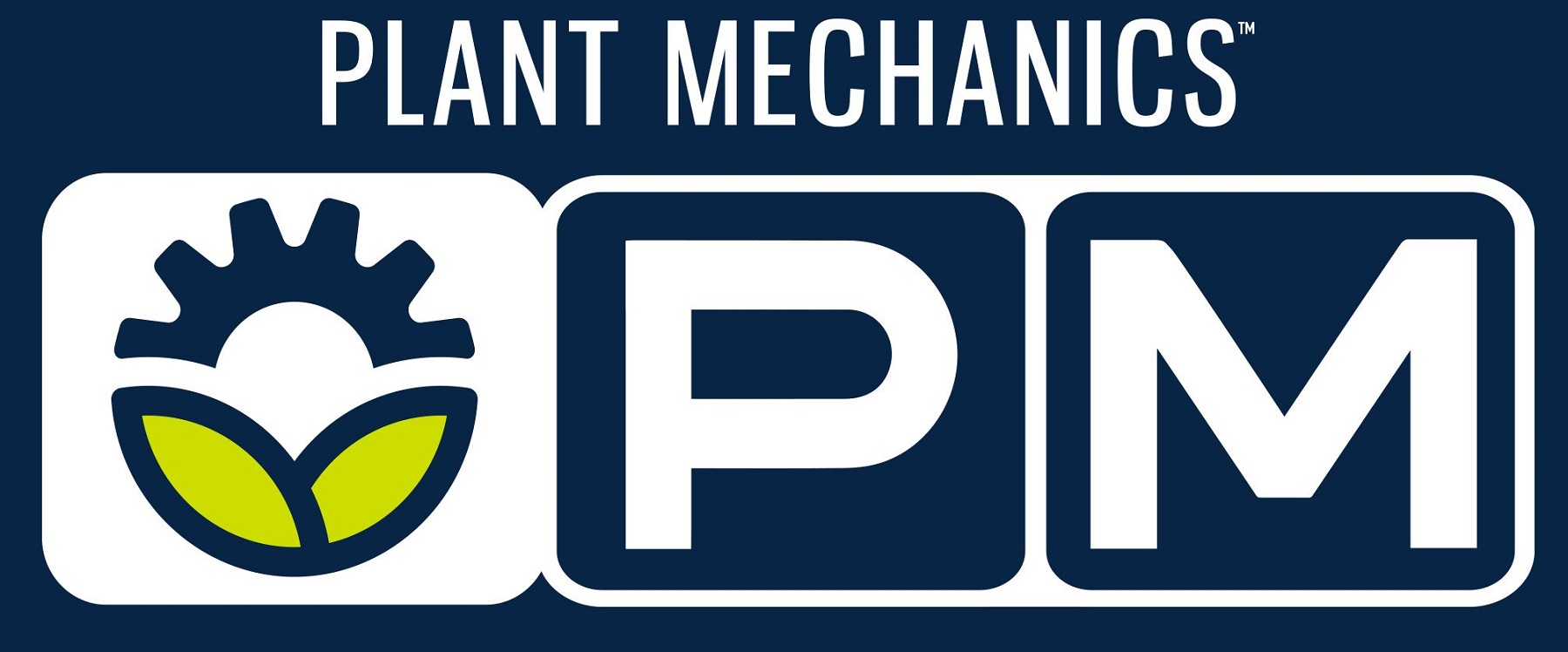



















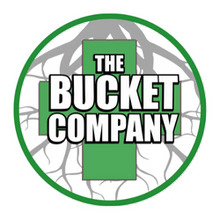


-logo.jpg)



.jpg)
